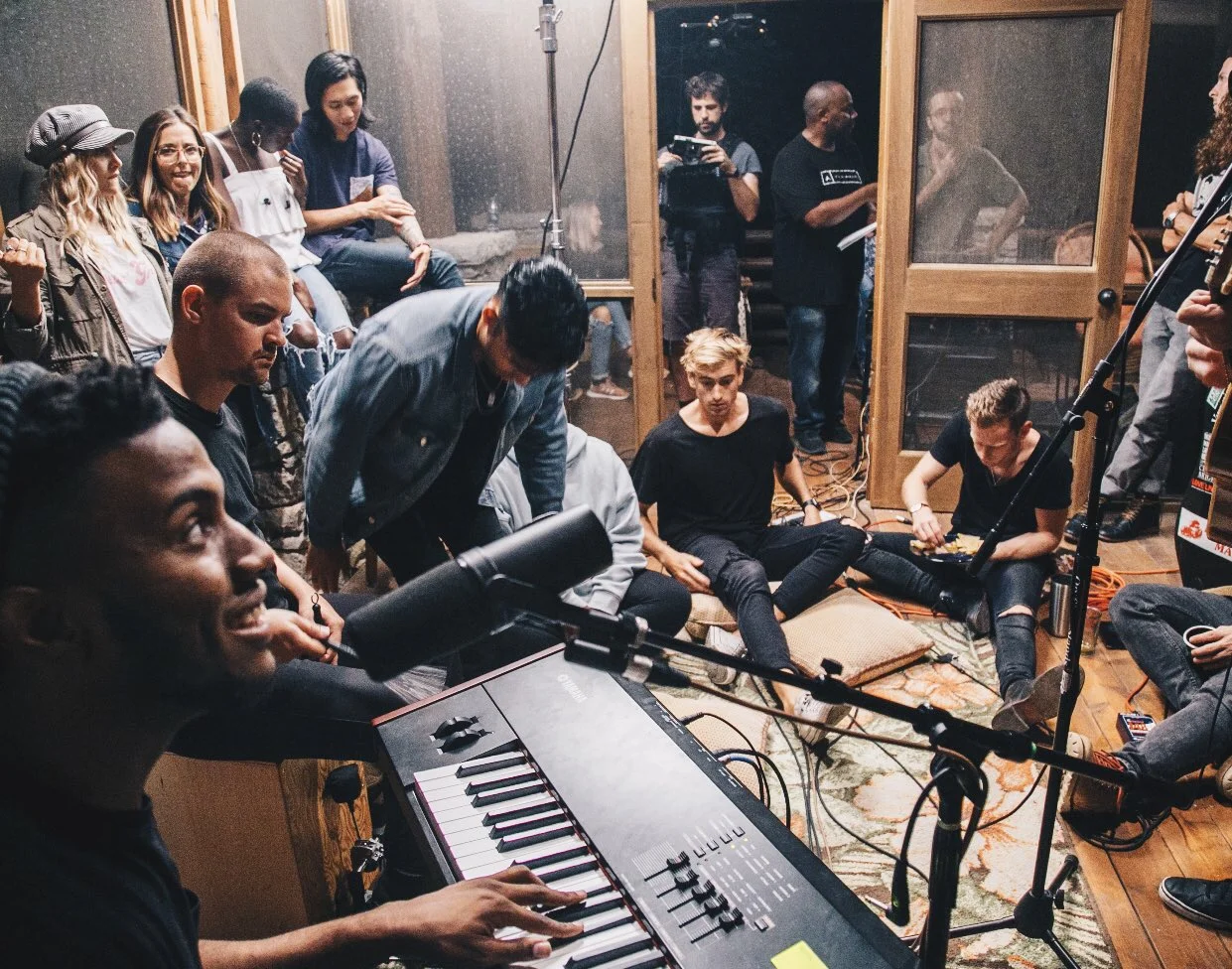Spiritual Underground
Spiritual Underground
To get a feel for the spiritual underground it is probably best to first visualize the spiritual overground, the highly visible, well-intentioned and well-established network of churches, ministries and institutions that are the face of Christianity to our world. In contrast, the spiritual underground is that less visible space, on the outskirts of Christendom, where unconventional and unlikely candidates do life and mission together in less-formal structures.
Historically, these misfits have been pioneers who have contended for authenticity, honesty and original thought. Although their efforts have seemed scrappy, they have been surprisingly consequential. Their forward-thinking has triggered new ideas and given birth to new initiatives. More often than not, positive reformations in the overground have been instigated by illuminating provocations from the underground.
In recent history, the term ’underground’ has been used to describe the unregistered church in China. Believers there have had to choose between joining the state-sanctioned church, or building community outside this closely monitored system to avoid being forced into perpetual compromise. In crude terms, overground versus underground has to do with the way we negotiate with power.
For two thousand years, overground communities have formed around theological beliefs. In a surprise development in the modern age, theology has taken a bit of a back seat to personality and production.
Conversely, the underground is more sociological in construct with relationship being the primary draw. In recent years we have seen informal friendship groups morph into movements as friends have traded skills and teamed up around mutual interests. The net result has felt increasingly like the collaborative kingdom of priests that Moses spoke about back in the day.
Just as with athletics, where you can either ‘run track’ or ‘play team sports’, so it is with art and creativity. You can work alone or in cahoots with others. Because of the collaborative culture of the underground, our contributors are mostly team players. This has cultivated a vibrant sense of community in the ecosystem and an incurable ‘party spirit’.
As with everything in this life, there is very little that is straightforwardly ‘black and white.’ Nuance, contradiction and compromise abound. Therefore, it is worth noting that there are many who live and serve in the overground yet identify as underground. These are also welcome participants in this venture. That being said, there is a potential vulnerability in their involvement. With all the kindness in the world, we simply cannot afford to get drawn into a tug of war if their involvement in our work creates problems for them at home base.
Although the renewal of the institution is not our mission, we are open to serving the overground when things line up to this effect. Work that is motivated by love is never linear. It is wrapped up in nuance and surprise.
Malcolm du Plessis



























